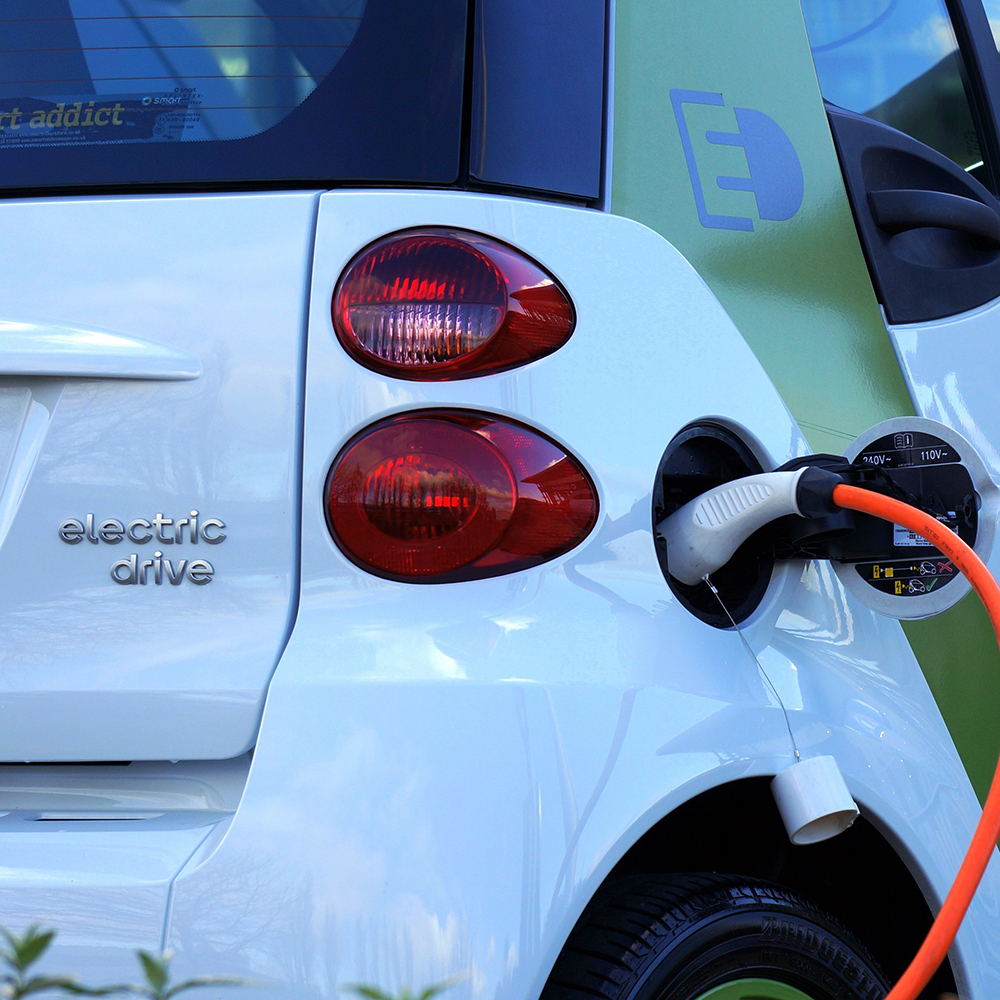Newsom led the stampede to outlaw automobiles that burn gasoline and diesel when in 2020 he issued an executive order “requiring sales of all new passenger vehicles to be zero-emission by 2035.” Other governors, all of them as blind as Newsom, followed, including Lamont, who copied the California plan. But Lamont is now unique among them. He regained his sight with help from a “bipartisan pushback from lawmakers on a key legislative panel,” according to Fox News.
“Common sense has prevailed,” said Connecticut Senate Republican Leader Kevin Kelly. Lamont’s “decision to withdraw the regulations is a reasoned approach to address the growing concerns raised by working and middle-class families. Adopting California emission standards which ban the sale of gas-powered cars is a substantial policy shift which must be decided by the General Assembly.”
Kelly also noted the “many questions regarding the capacity of our electric grid, the cost and location of grid improvements, and the negative impact on urban, rural and working poor families.”
Too bad there’s been no such pushback in California. It would save a lot of headaches over the next decade.
While Newsom and others dream of a zero-carbon dioxide world, EVs are being buried under a mountain of glitches. The most recent addition to the growing pile is revolt by car dealers. Nearly 4,000 of them, including 336 in California, are asking President Joe Biden “to slow down your proposed regulations mandating battery electric vehicle (BEV) production and distribution.”
While the dealers say “these vehicles are ideal for many people,” and are, in their words, convinced “their appeal will grow over time,” it’s clear that customers aren’t buying what the eco-activists are saying about EVs.
“The reality, however, is that electric vehicle demand today is not keeping up with the large influx of BEVs arriving at our dealerships prompted by the current regulations. … With each passing day, it becomes more apparent that this attempted electric vehicle mandate is unrealistic based on current and forecasted customer demand. Already, electric vehicles are stacking up on our lots which is our best indicator of customer demand in the marketplace.”
EVs took another recent hit when Consumer Reports’ annual car reliability survey found they “are less reliable than conventional cars,” with the past three model years having “79% more problems than conventional cars.” Problems include “issues with electric drive motors, charging, and EV batteries.”
Surprisingly, hybrids, the original virtue-signaling cars, are the most reliable. But no new hybrids will be available for sale in a little more than a decade in California since they’re not zero-emission vehicles.
We’ve previously documented other challenges for EVs – their tendency to be fire hazards, their emergent insurance concerns and the steep repair costs. And they’re not in reality zero-emission vehicles:
- Their immense weight caused by heavy batteries causes roads to break down prematurely (which necessitates repairs that release greenhouse gases) and speeds up tire and brake wear (which spins off toxic particulate matter).
- In many states EVs are charged on systems powered by coal and natural gas plants. More than half of the power consumed in Connecticut is generated by natural gas, and half of the electricity in New Jersey, which also has a governor-ordered 2035 EV mandate, is produced at gas plants.
- The EV “manufacturing chain is an environmental malignancy.”
Despite the flaws, the drawbacks, the dark secrets (exploiting slave labor to produce EV component parts) and the abuses of political power in issuing mandates, only one governor has shown enough courage to roll back his program. Too bad it wasn’t the guy who set off the unrealistic scheme three years ago. After all, California is supposed to be the bellwether state that sets the trends for the rest of the country.
Kerry Jackson is a fellow with the Center for California Reform at the Pacific Research Institute.

